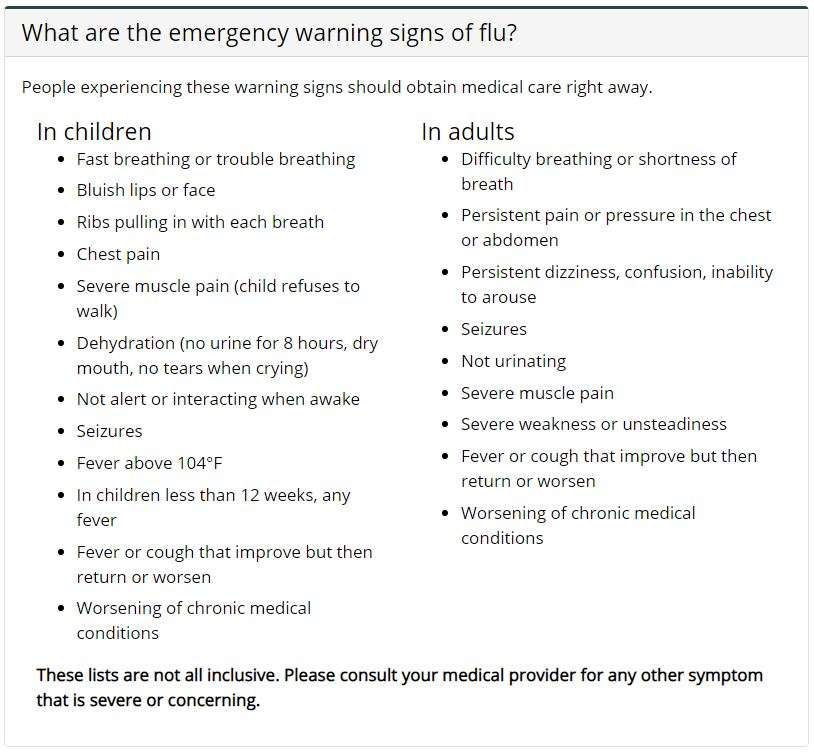By LESLIE EIKLEBERRY
Salina Post
Are you coughing? Have a sore throat and body aches? Chills or a fever? A runny or stuffy nose? A headache? Are you fatigued? You might be suffering from the flu.
Influenza, commonly known as "the flu," is widespread across the state, according to the Kansas Department of Health and Environment.

Chart of influenza-like illness (ILI) reports courtesy KDHE. ESSENCE is the Electronic Surveillance System for the Early Notification of CommunityBased Epidemics
In fact, the U.S. Centers for Disease Control (CDC) have reported that influenza activity levels are high in 34 states, the District of Columbia, and Puerto Rico.

The most recent influenza activity map available from the CDC as of 1-9-2020
According to the CDC, influenza "can cause mild to severe illness, and at times can lead to death. Flu is different from a cold. Flu usually comes on suddenly." The CDC noted that persons suffering from the flu often have all or some of the following symptoms.
Fever or feeling feverish and having chills, however, not everyone with the flu will have a fever, the CDC explained.
A cough
A sore throat
A runny or stuffy nose
Muscle or body aches
Headaches
Fatigue
The CDC noted that some people also may have vomiting and diarrhea, however, these symptoms are more common in children.
While most people will recover from the flu in a few days to less than two weeks, others develop complications, such as pneumonia and sinus and ear infections, as a result of having the flu, according to the CDC. "Other possible serious complications triggered by flu can include inflammation of the heart (myocarditis, brain (encephalitis) or muscle (myositis, rhabdomyolysis) tissues, and multi-organ failure (for example, respiratory and kidney failure). Flu virus infection of the respiratory tract can trigger an extreme inflammatory response in the body and can lead to sepsis, the body’s life-threatening response to infection," the CDC noted.
People at a higher risk for flu-related complications include people age 65 and older, people with certain chronic medical conditions such as asthma, diabetes, and heart disease, pregnant women, and children younger than five years of age, especially those younger than two years of age, the CDC reported.

Warning signs courtesy CDC
The CDC recommends that people who become sick with flu symptoms "stay home and avoid contact with other people except to get medical care." The CDC recommends that if you have to be in contact with other people, wear a facemask or cover coughs and sneezes with a tissue and wash your hands often to keep from spreading the flu to others.
People who are in a high-risk group for complications from the flu should contact their health care providers when flu symptoms appear, the CDC noted.






